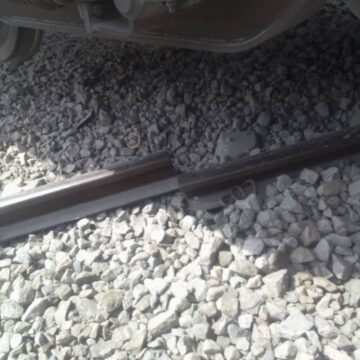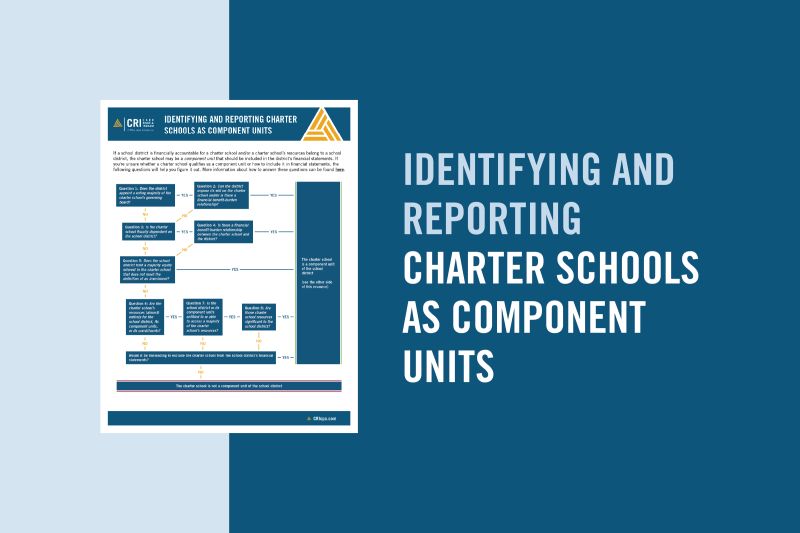Passengers Stranded In Kogi: Train Breakdown Causes Chaos

Table of Contents
The Train Breakdown: What Happened?
The train malfunction occurred approximately 30km outside of Lokoja, Kogi State, at around 2:00 PM on Tuesday. Initial reports suggest a major technical fault, possibly related to engine failure, brought the Abuja-bound passenger train to a complete standstill. This Kogi rail line disruption affected the major Abuja-Lagos line, causing significant delays and impacting numerous passengers. Official statements from the Nigerian Railway Corporation (NRC) are still pending, but unconfirmed reports indicate a possible signaling problem compounded the initial engine failure. The exact nature of the “train malfunction” is still under investigation. The precise location, near the small town of Eganyi, is currently being investigated by railway officials.
Impact on Passengers: Stranded and Frustrated
The Kogi train delays resulted in significant distress for hundreds of passengers. The lack of adequate communication from railway authorities exacerbated the situation. Passengers faced sweltering heat with little or no access to food, water, or sanitary facilities. Many described feelings of anxiety and helplessness, especially amongst vulnerable passengers.
- Lack of adequate communication: Passengers reported a complete absence of information regarding the anticipated repair time or alternative transport options.
- Insufficient provisions: The lack of basic provisions, including water, food, and functional toilets, added to the passengers’ discomfort and frustration.
- Safety concerns: The prolonged delay raised significant safety concerns, particularly for women, children, and the elderly traveling alone.
- Missed connections: Many passengers missed connecting flights and other forms of transport, causing significant travel disruptions and financial losses.
“It was a nightmare,” recounts one passenger, Mrs. Adeola Johnson. “We were left completely in the dark for hours. There was no communication, no water, and little to no assistance.” These sentiments were echoed across multiple interviews with other affected passengers.
Response from Authorities and the Railway Company
The response from the authorities and the railway company was widely criticized as inadequate. While emergency services eventually arrived, the response time was deemed too slow. The lack of a well-defined emergency protocol for such situations was apparent.
- Slow response time: It took several hours for emergency services to reach the stranded passengers.
- Insufficient alternative transport: No adequate provision for alternative transport was offered to the passengers in a timely manner.
- Poor communication with passengers: The lack of clear and timely communication with the stranded passengers contributed to the widespread distress.
- Delayed investigation: The official investigation into the cause of the train breakdown has yet to produce a comprehensive report.
The overall response highlighted the urgent need for improved emergency preparedness and better coordination between the NRC and relevant government agencies.
Preventing Future Incidents: Lessons Learned
The incident serves as a stark reminder of the need for improved rail safety measures and infrastructure upgrades in Kogi State. To prevent similar instances of passengers stranded in Kogi, several key steps must be taken:
- Improved maintenance schedules: Regular and thorough maintenance of railway equipment is crucial for preventing mechanical failures.
- Investment in infrastructure: Significant investment in upgrading the Kogi rail infrastructure, including signaling systems and emergency communication networks, is vital.
- Enhanced communication protocols: Clear communication protocols must be implemented to ensure efficient dissemination of information to passengers during emergencies.
- Improved passenger support systems: The establishment of robust support systems, including mobile emergency response units and adequate provisions for stranded passengers, is necessary.
Greater accountability and transparency from the Nigerian Railway Corporation are essential to restoring public trust and ensuring the safety of rail passengers.
Conclusion: Addressing the Passengers Stranded in Kogi Crisis
The train breakdown in Kogi State resulted in a significant crisis, leaving hundreds of passengers stranded and highlighting serious shortcomings in railway infrastructure, emergency response, and passenger support systems. The experience of passengers stranded in Kogi underscores the urgent need for significant improvements in rail safety and service delivery. We must demand better from the NRC and advocate for improved rail infrastructure and more robust emergency response plans. Share your experiences and contact your local representatives to express your concerns and demand accountability. Let’s work together to prevent future occurrences of passengers stranded in Kogi and ensure safe and reliable railway travel throughout the state. Contact the Nigerian Railway Corporation at [insert contact information here] to voice your concerns.

Featured Posts
-
 Protect Yourself Identifying And Reporting Fake Steven Bartlett Videos
May 01, 2025
Protect Yourself Identifying And Reporting Fake Steven Bartlett Videos
May 01, 2025 -
 Frances Six Nations Triumph Ramos Masterclass Against Scotland
May 01, 2025
Frances Six Nations Triumph Ramos Masterclass Against Scotland
May 01, 2025 -
 Eskisehir De Tip Oegrencileri Stresin Pancesi Boks
May 01, 2025
Eskisehir De Tip Oegrencileri Stresin Pancesi Boks
May 01, 2025 -
 Chinas Pharmaceutical Independence Reducing Reliance On Us Imports
May 01, 2025
Chinas Pharmaceutical Independence Reducing Reliance On Us Imports
May 01, 2025 -
 Yankees Series Victory Fueled By Judge And Goldschmidts Offensive Prowess
May 01, 2025
Yankees Series Victory Fueled By Judge And Goldschmidts Offensive Prowess
May 01, 2025
